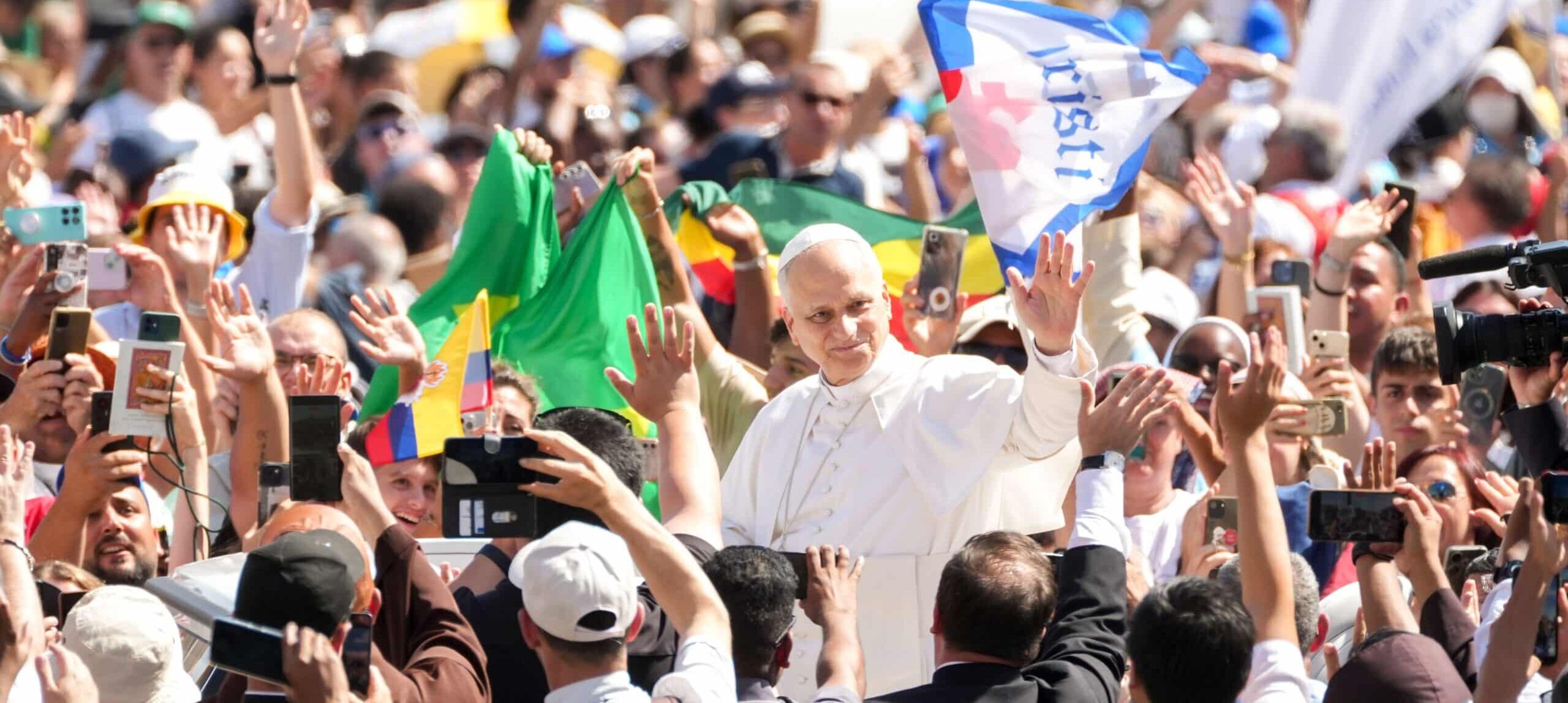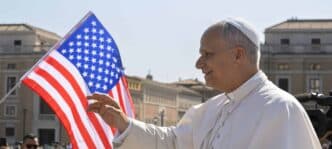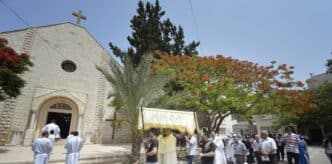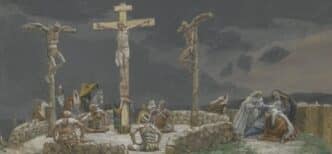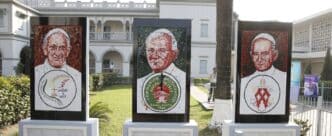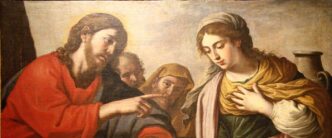One of the latest “firsts” of Pope Leo’s pontificate — this time, the pope’s first canonizations — took place Sept. 7, when he declared Pier Giorgio Frassati and Carlo Acutis as saints in heaven.
Both young Italian men had been slated for canonization earlier this year, but the dates were either postponed (in the case of Carlo) or left formally unscheduled (in the case of Pier Giorgio) following the death of Pope Francis in April.
While Leo’s homily at the canonization Mass contained a variety of unique insights into the lives of the newly canonized saints, it also gave a glimpse into the pope’s own understanding of the foundational vocation for all the baptized: the call to discipleship and holiness.
Using the lives of the newly canonized young men as a foil for an illustration of holiness relevant for our time, Leo provides us with what could also be a precise summary of his own distillation of the call to discipleship and holiness.
He began his homily by discussing Christ’s invitation to follow him. Leo calls this summons “a plan to which we must commit wholeheartedly.” This life of discipleship, as described by the Lord, carries two principal demands. The first, oft-cited requisite of discipleship, itself oft-quoted: “Whoever does not carry the cross and follow me cannot be my disciple” (Lk 14:27) usually overshadows the other: “None of you can become my disciple if you do not give up all your possessions” (Lk 14:33).
Looking to the saints
Here Leo says that Jesus “calls us to abandon ourselves without hesitation to the adventure that he offers us,” while making good on the promise of “the intelligence and strength that comes from his Spirit” to assist us.
And the requisite condition of our self-abandonment — indeed our path on the road to sanctity — is what Leo states enables us to “receive to the extent that we empty ourselves of the things and ideas to which we are attached, in order to listen to his word.”
What a timely description of the need for holiness in our time. How divided, polemical and ideological society has become. How weakened and compromised the mission of the Church is by our own disunity and polarization.
One wonders what goal those who make up society have in mind when possessing such characteristics. Can we be aimed for anywhere good when selfishness reigns; when we are intent on silencing or irrationally mocking perceived opponents; spreading messages of hate; attacking individuals personally on account of their ideas; or allowing ourselves to live in echo chambers?
Each of the stories of the saints, as Leo put it, all started when “they said ‘yes’ to God and gave themselves to him completely, keeping nothing for themselves.”
‘Not I, but God’
In this, Leo recalled the witness of St. Augustine — for whom he has great reverence and devotion as a lifelong Augustinan friar — who recounted “that, in the ‘tortuous and tangled knot’ of his life, a voice deep within him said: “I want you” (Confessions, II, 10,18). God gave him a new direction, a new path, a new reason, in which nothing of his life was lost.”
Leo ended his homily by stating that the lives of Sts. Frassati and Acutis “are an invitation to all of us, especially young people, not to squander our lives, but to direct them upwards and make them masterpieces.”
“They encourage us with their words: ‘Not I, but God,’ as Carlo used to say. And Pier Giorgio: ‘If you have God at the center of all your actions, then you will reach the end.’ This is the simple but winning formula of their holiness. It is also the type of witness we are called to follow, in order to enjoy life to the full and meet the Lord in the feast of heaven.”
For a pope who, since the beginning of his pontificate, has so regularly emphasized the need for peace, it is hard to hear his words from the recent canonization without considering that backdrop. With his illustration of holiness as such “a winning formula” to reach heaven’s peace, how can holiness not begin to make that same peace present here on earth? Indeed, with such “a winning formula,” holiness can change the world.

